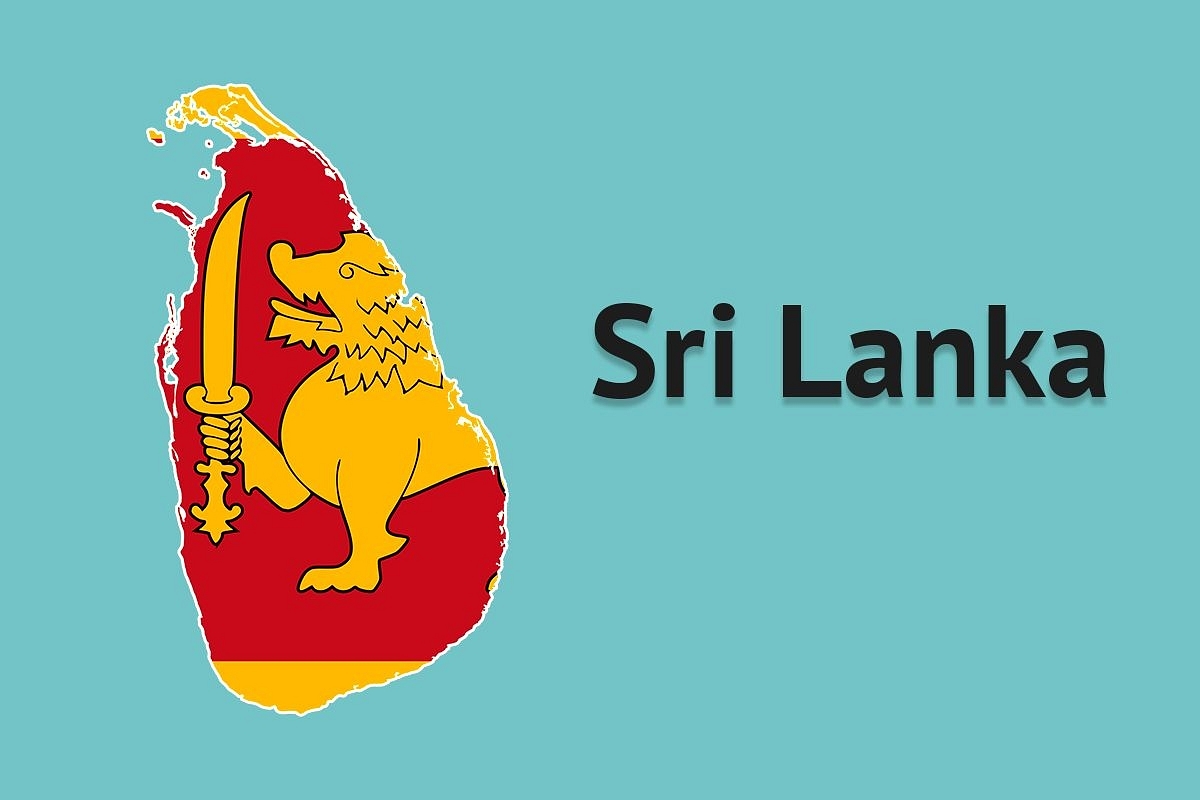News Brief
Strict Curfew, Ban On Inter-District Travel And More: How Sri Lanka Is Tackling The Spread Of Coronavirus
- Sri Lanka has been placed under a strict curfew to stem the Covid-19 spread with the government taking charge of providing essential services.

Sri Lanka
Coronavirus (Covid-19) claimed its fourth victim in Sri Lanka on Thursday (2 April), while the island nation has 151 Covid-19 positive cases with 126 of them being active.
Sri Lanka, one of India’s close neighbours for centuries now, has a total of 251 persons in hospital isolation wards. Twenty-one people have recovered so far.
The island nation, which has a population of 2.1 crore, saw its first coronavirus case on 27 January, much before India got its first positive case.
The second case was reported on 11 March but since then the number of Covid-19 cases are on the rise as the virus began to spread across the world.
Most of these cases are visitors or those who have come from countries such as Italy and South Korea that have been badly affected by the pandemic virus.
About 3,500 people, including 31 from 14 foreign countries, have been quarantined in 45 centres across the country, the National Operation Centre for Prevention of Covid-19 Outbreak (NOCPCO) said.
Until 30 March, the number of positive cases was 95 but then, as seen in India, it has gathered momentum. The latest victim of the pandemic virus is a 58-year-old person, who died at the Colombo Infectious Disease Hospital due to complications arising out of pneumonia.
Sri Lanka is a hub for commerce, trade and tourism and is therefore falls under “moderate risk” category for such pandemic outbreaks.
The island nation was among the first to quarantine, along with Korea, those from China when the pandemic broke out, despite advisory to the contrary from the World Health Organization.
On 18 March, the Gotabaya Rajapaksa government announced a nationwide curfew and banned all travellers into the country the next day. It also selectively quarantined those who came from Korea and Europe.
The curfew and ban on travellers arriving into the country have been extended until 7 April in 19 districts. But going by the statement of the health officials, these restrictions could be extended further as the island nation has entered a critical phase of the pandemic spread.
There are a few stern steps the Rajapaksa government took to tackle the spread of Covid-19.
All areas have been placed under a strict curfew and essential goods are home-delivered in order to prevent movement of the people.
Anyone violating curfew is detained by police. So far, 7,000 people have been arrested for such violations. Also, any travel to other districts is strictly prohibited except for the purpose of providing essential services.
This is despite the fact that Sri Lanka depends on tourism to a great extent to sustain its economy. It accounts for 5 per cent of the nation’s gross domestic product.
The tourism sector in Sri Lanka provides employment to about five lakh people and it could be worse off from this pandemic outbreak.
The tourism sector has been going through a rough phase since the Easter Sunday blasts in April last year with luxury hotels being affected the most.
The spread of coronavirus could not have come at a worse time as the tourism industry was beginning to recover from the after-effects of the Easter Sunday blasts.
The precaution undertaken by the Rajapaksa government also includes the island nation’s army running a transport service to take pensioners to banks to draw their pensions.
The Sri Lankan Army is keeping an eye on those quarantined and also disinfecting infected places and regions.
One drawback with regard to Sri Lanka is that it is lagging behind in carrying out random testing and screening suspected cases.
Introducing ElectionsHQ + 50 Ground Reports Project
The 2024 elections might seem easy to guess, but there are some important questions that shouldn't be missed.
Do freebies still sway voters? Do people prioritise infrastructure when voting? How will Punjab vote?
The answers to these questions provide great insights into where we, as a country, are headed in the years to come.
Swarajya is starting a project with an aim to do 50 solid ground stories and a smart commentary service on WhatsApp, a one-of-a-kind. We'd love your support during this election season.
Click below to contribute.
Latest